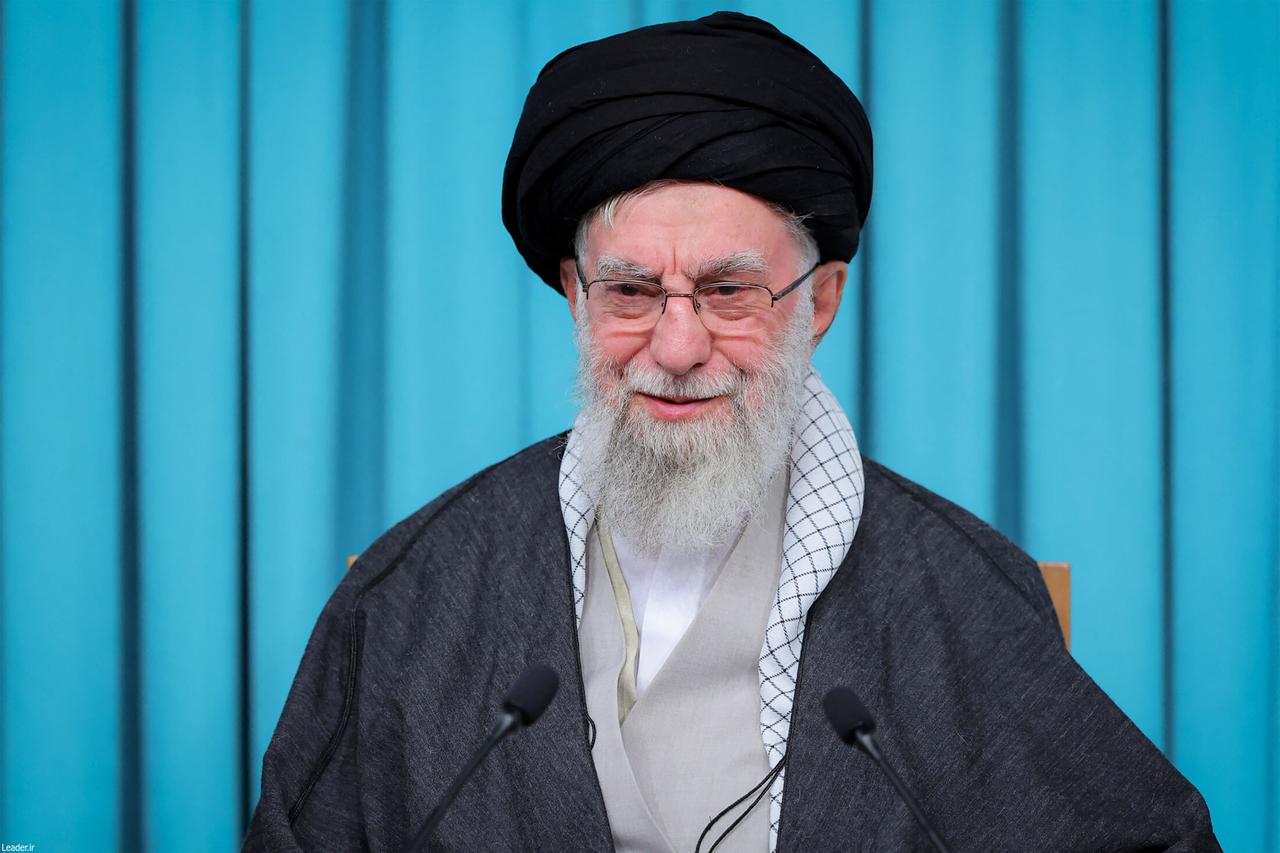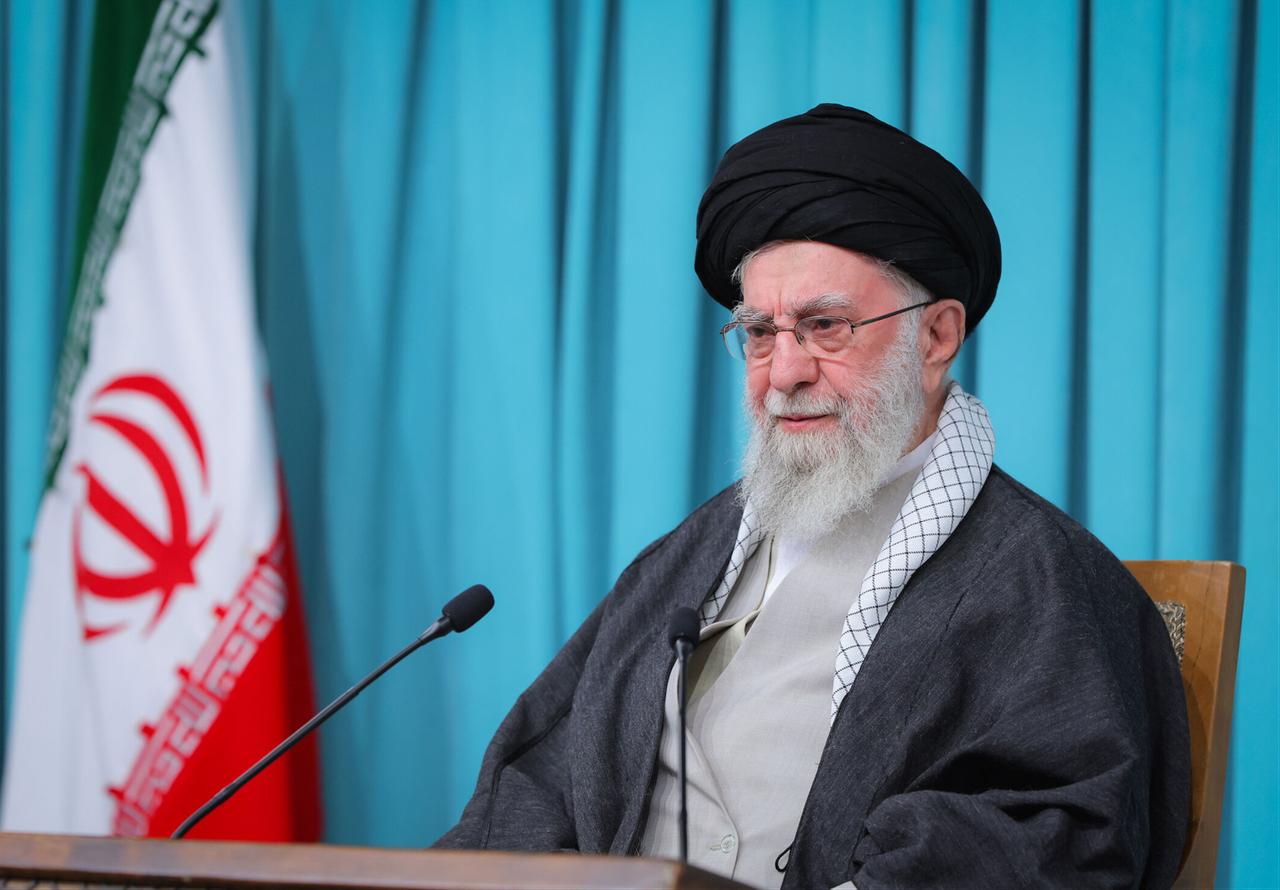
Iran's Supreme Leader, Ali Khamenei, stated on Tuesday that negotiating with the United States under current conditions would provide no benefit to his country's national interests and could cause "irreparable major damage."
Speaking to Iranian state television while President Masoud Pezeshkian was in New York for the United Nations' 80th General Assembly meetings, Khamenei evaluated his country's potential negotiations with the United States.
"Negotiating with the U.S. under current conditions does not contribute to our national interests and provides us no benefit. On the contrary, negotiating with the U.S. under current conditions can lead to irreparable major damage," Khamenei said.

Khamenei accused the Washington administration of bullying rather than genuine negotiation, stating that the U.S. nuclear negotiations aim to end Iran's nuclear activities and missile capabilities.
"The U.S.'s purpose in nuclear negotiations is to end Iran's nuclear activities, its possession of long or short-range missiles, so that when it attacks, Iran will not have the capability to respond," he said.
Khamenei noted the U.S. has conducted various attacks when given the opportunity and carried out "terror attacks" against country officials. "One does not negotiate with such a party. In my view, negotiations with the U.S. are a complete dead end," he said.
The Iranian Supreme Leader emphasized his country has no need for nuclear weapons, which is why they increased uranium enrichment to 60% to meet the country's needs.
Khamenei stated, "Iran has no intention of producing nuclear bombs."
Separately, Iran's National Security High Council Chairman Ali Larijani stated that U.S. demands to reduce missile ranges below 500 kilometers have negatively impacted nuclear negotiations.
According to Iran's official news agency IRNA, Larijani explained during a visit to the Iran Chamber of Commerce and Industry why progress could not be made in negotiations with the U.S. and Western countries.
"The U.S. imposed a condition in negotiations to reduce our missile range below 500 kilometers. Can any Iranian accept this? The problem is that they make unacceptable demands," Larijani said.
Larijani stated Iran does not avoid negotiations while criticizing efforts by three European countries (Britain, Germany and France) attempting to activate the snapback mechanism that would restore UN sanctions.
Tehran's administration has been developing its missile program for approximately 30 years, possessing various ballistic missiles with ranges between 300 and 3,000 kilometers.